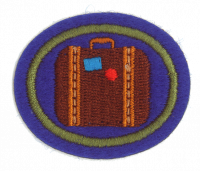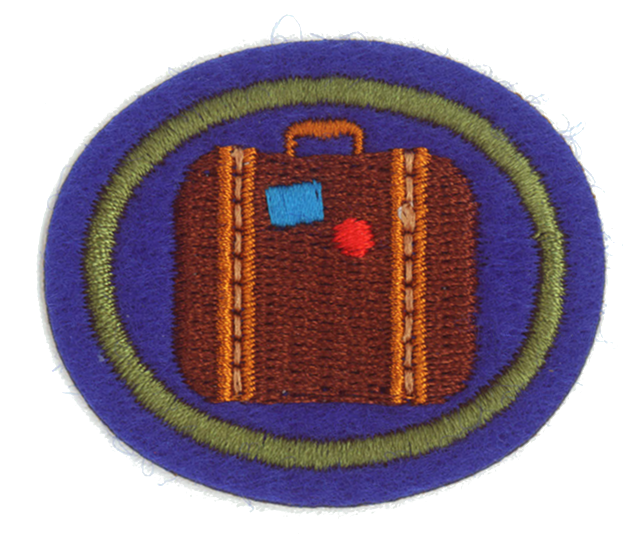AY Honor Refugee Assistance Answer Key
Skill Level
1
Year
2009
Version
25.02.2026
Approval authority
North American Division
1
You can read these verses online Exodus 16:1-17:6
The children of Israel were refugees who were chased by the army when the fled Egypt. They then wandered for 40 years in the wilderness. Moving from a settled existance with homes (however poor) into a nomadic life with tents must have been a challenge. At times they suffered from lack of food (before the manna), lack of water, poor community organization, internal revolts, sickness, and other problems. Read and discuss the story yourself.
2
The United Nations Refugee Agency says that: "A refugee is someone who has been forced to flee his or her country because of persecution, war, or violence. A refugee has a well-founded fear of persecution for reasons of race, religion, nationality, political opinion or membership in a particular social group. Most likely, they cannot return home or are afraid to do so. War and ethnic, tribal and religious violence are leading causes of refugees fleeing their countries."
Also consider that United Nations Refugee Agency also says "an internally displaced person (IDP) is a person who has been forced to flee his or her home for the same reason as a refugee, but remains in his or her own country and has not crossed an international border. Unlike refugees, IDPs are not protected by international law or eligible to receive many types of aid. As the nature of war has changed in the last few decades, with more and more internal conflicts replacing wars among countries, the number of IDPs has increased significantly."
3
Needs: shelter will be the first, then water, clothing, food, and possibly medical attention.
It can be overwhelming to come to a place where language and culture vary so much from your own. During an already stressful period of having to abandon all that you know, entering a strange land may cause some individuals under such stress to need a great deal of social assistance to gain control over their emotions.
Environmental changes can be anything from a strange place to sleep to a geographically dynamic change. As above, stress can be emotionally overwhelming and those socio-cultural differences must be attended to. Among these can be the change of "home environment," having lost your home and now having to dwell in some form of shelter or housing not known to you before. Geographic changes can be a harsh physical barrier: those from areas normally wet have trouble adjusting to dry seasons. Consistently different temperatures can cause illness as well. For such matters medical professionals are needed to help gain control over physical illnesses that arise.
4
In New Zealand, visit the RMS Refugee Resettlement web site.
In the United Kingdom, try the Information Center about Asylum and Refugees (ICAR).
For Australia, visit The Refugee Council of Australia (RCOA).
Vist Citizenship and Immigration Canada for information in Canada.
In the United States, you can visit the Office of Refugee Resettlement's web site to find a list of State, Federal, and volunteer organizations who assist refugees.
If you know of an organization for a country not listed here, please add it. You can find them by using an Internet search engine with the terms "Refugee resettlement" and your country of interest.
There are also usually local organizations that assist refugees and immigrants. Seek them out.
5
Note that there is no requirement for the person you interview to be a refugee. You can meet this requirement by interviewing any person who has moved to your country.
Most people are proud of their heritage, and even though an immigrant has left his or her homeland, they are likely to still be very fond of their place of birth. Because of this, it is very important that you check your attitude. Do not go in thinking that your interviewee is glad to be away from some dismal wasteland and isn't he glad to be in your obviously superior country. While he may have left a dismal situation, he will likely still long to return there - that's home to him. Be mindful of this possibility.
Check out the UN Refugees website for videos you can watch that can help you fulfill this requirement: http://www.unrefugees.org/
6
A one page report should not be hard after studying Refuge Assistance for this honor. A review of United Nations Refugee Agency website http://www.unrefugees.org/ (maybe signup for their email stories) will help you understand ways that refugees can be assisted and how you can get involved.


